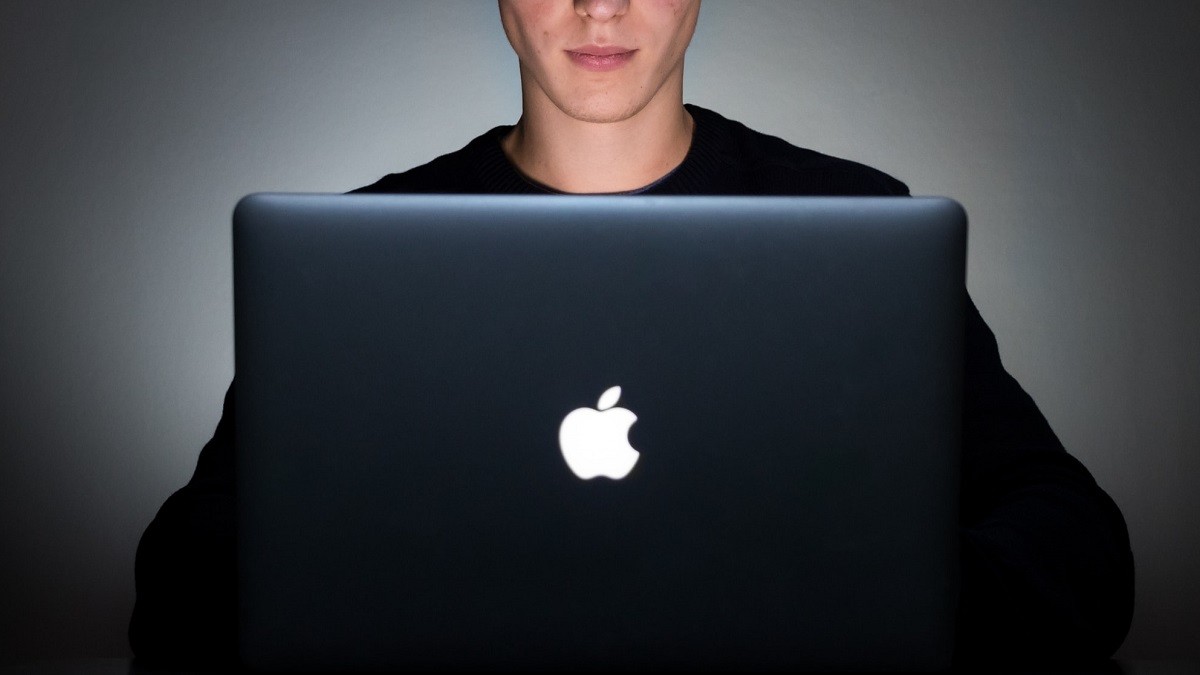Science & Tech
Apple to check iCloud photos for child abuse

- Photos stored in the iCloud service will be checked for child abuse, Apple announced.
- The company stated that they will not scan or check files that haven’t been uploaded to the cloud, but may soon expand its system in the future.
- Apple added that they will not turn over the data to the government.
Photos uploaded by iPhone users to the online iCloud service will be checked by Apple for known child abuse images.
Apple made the announcement to clarify their checking system and dispel rumors about its plan to scan users’ gadgets for millions of illegal pictures.
Critics pointed out that Apple’s plan would be more invasive, compared to the system used by Google, Microsoft, and other technology platforms — which check photos or e-mailed attachments against a database of identifiers provided by the National Center for Missing and Exploited Children and other clearing houses.
Concerns were also raised about the government possibly pressuring Apple to scan devices for other material.
Apple assured everyone that they would fight any such attempts in a website post on Sunday.
Apple wrote, “We have faced demands to build and deploy government-mandated changes that degrade the privacy of users before, and have steadfastly refused those demands. We will continue to refuse them in the future.”
The system will be launched this fall along with its iOS 15 operating system.
Apple stated that the new system will only scan a user’s existing files on their device if they are also synced to the company’s storage servers. Still, they added that they plan to expand the system in the future.
Critics have pointed out that Apple has provided few reports of abuse material compared with other providers. Some European jurisdictions are looking into laws to hold platforms more accountable for the spread of such material.
Meanwhile, Apple executives argued that on-device checks may better preserve privacy more than cloud storage checks. They added that the system does not tell anything about a user’s content unless it reviews a certain number of images.
Executives acknowledged that a user could be set up by a hacker who can remotely put in such material, but remarked that such attacks are very rare and will require a review.
Source: New York Post
